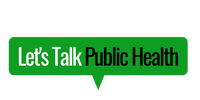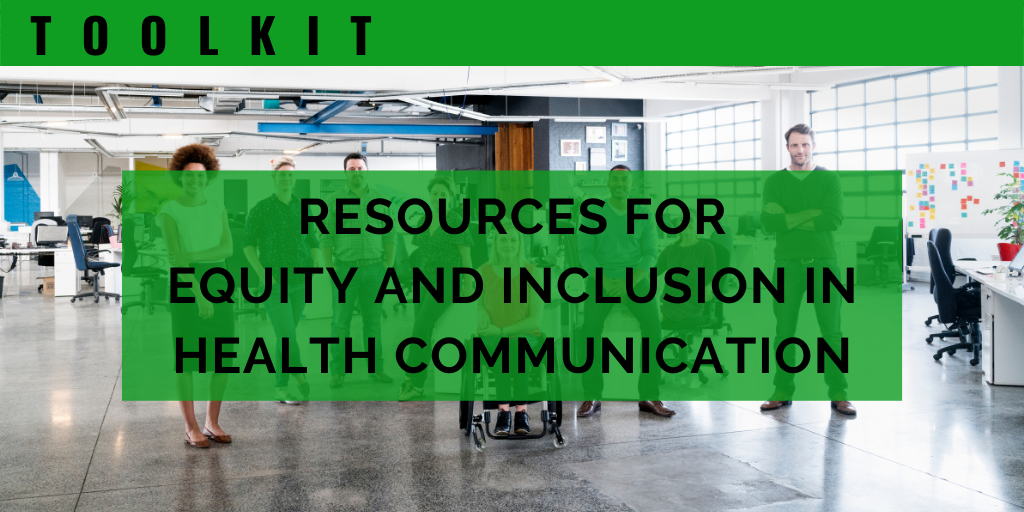|
Summer has officially begun, and unfortunately, so has the yearly crusade against my favorite skincare product, sunscreen. TikTok has been buzzing with new and old myths alike—drinking water prevents sunburns, sunscreen causes skin cancer, sunscreen contains endocrine disruptors, sunscreen is responsible for Vitamin D deficiency, and more. I know I can’t be the only one who spit out my water after hearing that first one, but sadly, even the most outrageous misinformation does harm.
0 Comments
Founder and CEO of Let’s Talk Public Health – Monique Thornton, MPH, makes a special appearance on The Public Health Millennial podcast, Public Health Careers Podcast, hosted by Omari Richins, MPH.
Climate change and its impacts are some of the biggest environmental, health, and societal issues our society is facing today. Our environment is experiencing more natural disasters such as heat waves, floods, and other increased extreme weather events. The environmental damage impacts public health in the form of access to safe drinking water, clean air, adequate and healthy food supply, safe shelter, and resources.
Identity-Based Messaging to Equity-Driven Messaging: A Call for Change in Health Communication7/11/2024
In health communication, we’re taught about targeted messaging, a strategy to reach a specific target audience with relevant messaging who are believed to be at higher risk for a health condition or outcome. In public health, one prime example that comes to mind is targeted messaging towards the LGBTQIA+ community with PrEP.
Cultural and linguistic competence in health communication is a must. Public health professionals must ensure that the health information, advice and guidance we provide recognizes and accounts for diversity in culture and language within target audiences. This is true when engaging with communities, cross-sector partners, and fellow professionals.
|
�
Learn about our blog submission guidelines. >>
The views and opinions expressed by individual authors on this blog are their own and do not necessarily reflect the official policy or position of Let's Talk Public Health.
Categories
All
|
|
Highlights
Explore
Connect
|
© 2024 Let's Talk Public Health, LLC. All rights reserved. | View our Privacy policy | Terms of service | Disclaimer | Editorial policy.





 RSS Feed
RSS Feed